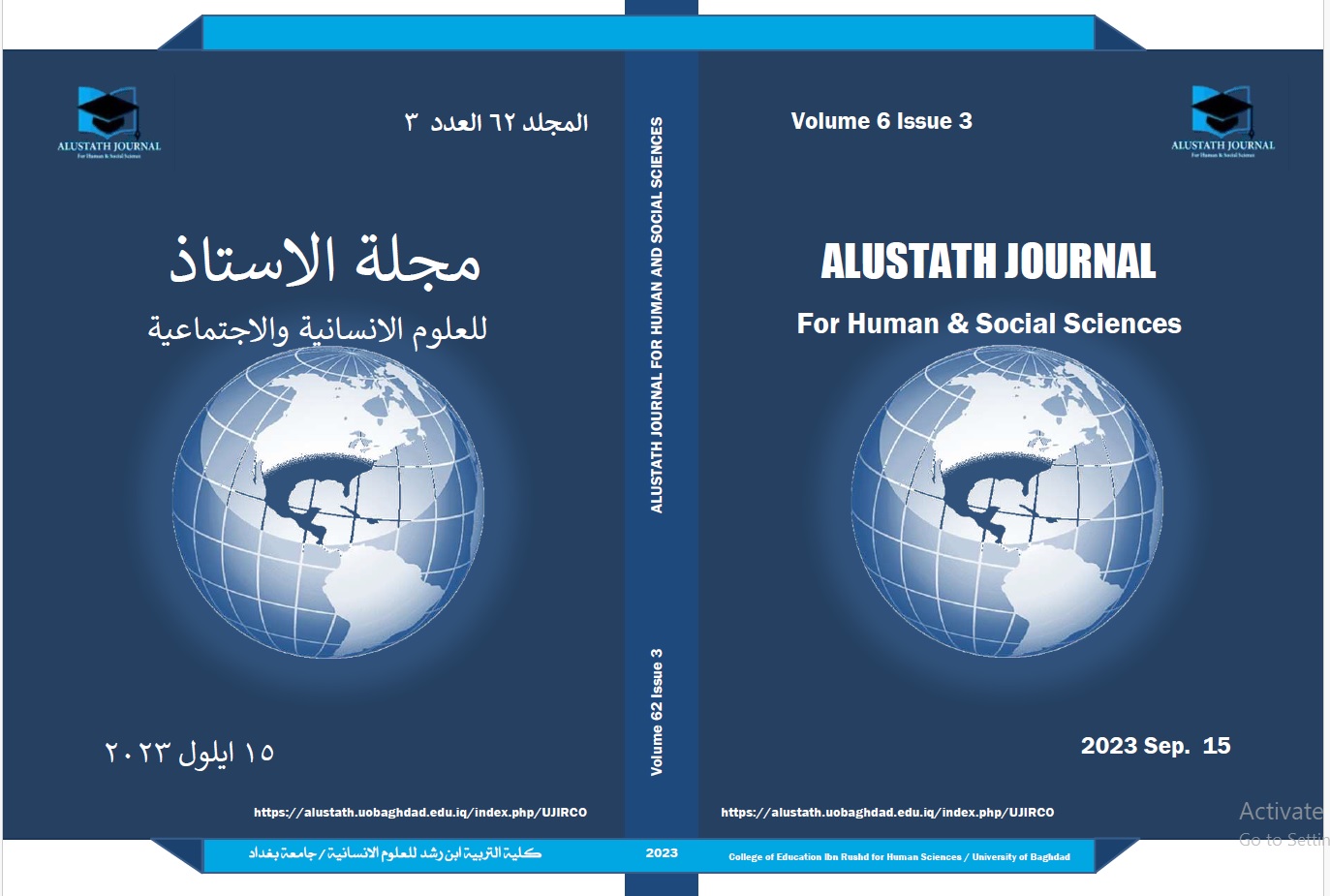المعتقدات و الخصائص الشخصية لأصحاب المشاريع في الإسلام
DOI:
https://doi.org/10.36473/ujhss.v62i3.2151الكلمات المفتاحية:
ريادة الأعمال، خصائص الإيمان، خصائص الشخصية، الإيمان بالله، بالله، الإيمان بالآخرةالملخص
هدفت الدراسة التعرف على الخصائص الدينية و الأخلاقية لرواد الأعمال من منظور الإسلام. ريادة الأعمال تعني إنشاء عمل تجاري مع تحمل ما یلازمه من مخاطر بهدف النجاح. و تكمن أهمية ريادة الأعمال فيما تحتويه من إمكانات لتحسين مستويات المعيشة و خلق ثروة لأصحاب المشاريع و الشركات ذات الصلة. اعتمد أسلوب البحث على جمع الآيات والروايات التي تحقق أهداف البحث و تجيب عن أسئلته وتحديد المفاهيم و تمييز أوجه الشبه و الاختلاف و تصنيفها و نتج عنها أن الإيمان بالله و الآخرة من أهم الخصائص الدينية لرواد الأعمال من منظور الإسلام. و هذه الخاصية تجعل الإنسان يثق بالله، و يتقبل المخاطر متوكلًا عليه تعالى، و لا ييأس من احتمال الفشل. و بناءً على النتائج فإن أهم سمات شخصية رواد الأعمال هي العمل الجاد و اغتنام الفرص و الالتزام و الصدق و المعرفة المتخصصة و البصيرة و إدارة الوقت.
التنزيلات
المراجع
• Quran
• Aghajani, Hassan Ali and Hoseinzadeh Otaqsara, Seyyed Ali Akbar; (1389), Causal model for determining the effects of personal characteristics on entrepreneurship, Farhang Strategy, 10th and 11th issues.
• Ahmadpourdariani, Mahmoud; (1393), Entrepreneurship, 11th edition. Tehran, Sako Publications.
• Alavi, Seyed Ali, Etesami, Seyed Mohammad Kazem; (1388), Investigation of factors affecting success motivation from the point of view of religious teachings, Management Thought, NO.2, pp.75-100
• Hejazi, Syed Reza ; (1391), Explaining entrepreneurial behavior in the light of the concept of religious structure, Entrepreneurship Development Management, NO.4, pp. 67-86.
• Hezar Jaribi, Jafar; (1388), Entrepreneurial Thought and Islamic Ethics, Social Science Quarterly, No. 285, pp. 159-192.
• Khonaifar, Hossein; Eslami Ardakani, Seyed Mohsen; (1391), "Entrepreneurial culture and its relationship with philosophy and religion in the effort of indigenous models", Philosophy of Religion, No. 12. PP.167-202.
• Kolayni, Mohammad; (1407), Al-Kafi, corrected by: Ali Akbar Ghaffari and Muhammad Akhoundi, Tehran, Dar Al-Kutub Al-Islamiyya.
• Majlesi, Mohammad Baqir ; (1403), Behar al-Anwar al-Jame Le dorar al- Akhbar, Beirut, second edition.
• Mohammadi Reyshahri, Mohammad; (2008), The pattern of consumption from the perspective of the Qur'an and Hadith, Dar al-Hadith Cultural Institute, Qom, Publishing Organization.
• Muttaqi Hendi, Ali; (1397) The treasure of workers, corrected by Sheikh Safwa al-Saqqa, Islamic Heritage Library, Beirut, first edition.
• Otardi, Azizullah ; 1406, Musandam, Imam Reza, Mashhad, published by Astan Quds Razavi.
• Sharif Razi, Mohammad bin Hossein; 1414, Nahj al-Balagha, research and correction: Sobhi Saleh, Qom, Hijrat, first.
• Tamimi Amodi, Abdul Wahid ;(1366), Ghorar al-Hekam and Dorar al-Kalem. First edition, Qom, Publications of Tablighat Office.












